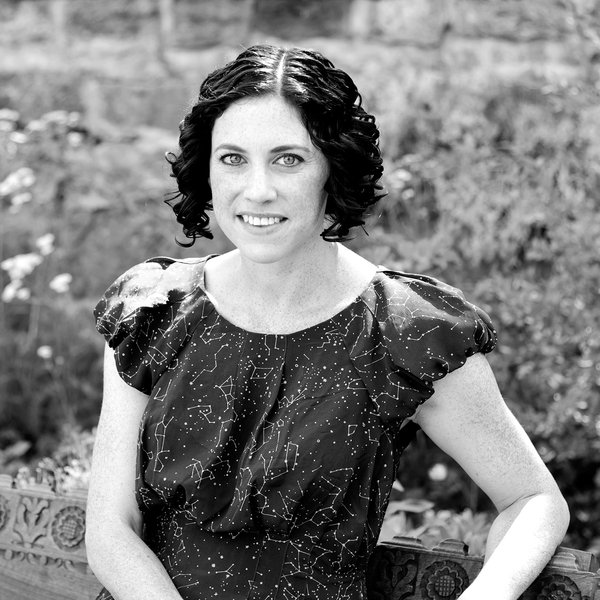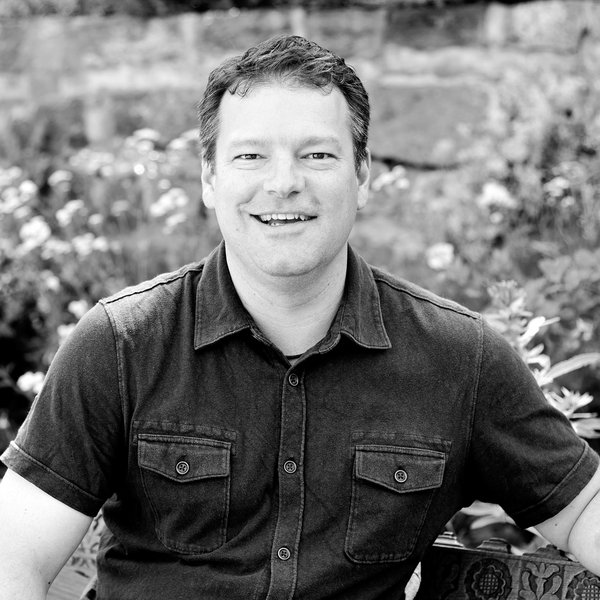
Christopher Ball
2012 Christopher Smeall Summer Scholar
Exchanging Words: Language, Ritual, and Relationality in Brazil’s Xingu Indigenous Park
While at SAR, Dr. Ball will be finalizing his book manuscript, Powerful Others: The Linguistic Politics of Intercultural Exchange in Amazonia. This will be the final stage of a long-term project that offers valuable contributions to the study of indigenous Amazonian sociocultural transformations through the lens of language. The book project is an ethnographic investigation of how Wauja people of Central Brazil use linguistic, ritual, and exchange practices in the production of social relations with powerful “others” at home and abroad. The book is based on over twelve months of research in the Wauja community and with Wauja people in multiple sites of encounter.
Affiliation at time of award:
McKennan Postdoctoral Fellow
Department of Anthropology
Dartmouth College
Assistant Professor
Department of Anthropology
Economics and Political Science
MacEwan University
Edmonton
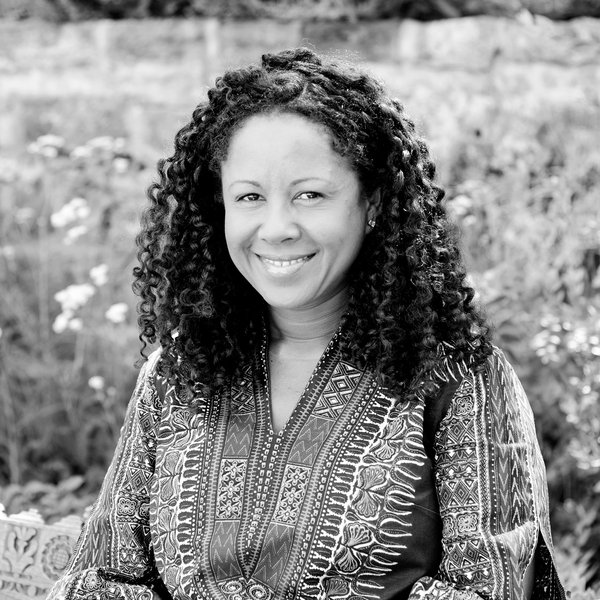
Rachel Ama Asaa Engmann
2012 Cotsen Summer Scholar
Hidden Palimpsests: Unraveling Nineteenth Century Islamic Talismans in Asante, Ghana
Hidden Palimpsests chronicles the relationship between texts, material culture, religion, and empire. The backdrop is the West African Asante state; the place is Kumasi, the capital of Asante in present-day Ghana, West Africa. Engaging artifacts and manuscripts, this project establishes the complexity of two famed “empires,” Asante and British, not only as geopolitical entities, but also as culturally created and imaginatively constructed concepts. Employing archaeological ethnography and textual analysis, nineteenth-century Islamic talismans provide a potent lens through which to investigate the relationship between colonizer and colonized from the vantage of the indigenous perspective. Placing material and social practice at the center of an historical and contemporary analysis of West African Islam, this project explores the ways in which African knowledge, writing systems, secrecy, and consumption intersect with the politics of religion, ethnicity, and diaspora formation.
Affiliation at time of award:
PhD Candidate
Department of Anthropology
Stanford University
Sponsored by UCLA Cotsen Institute of Archaeology
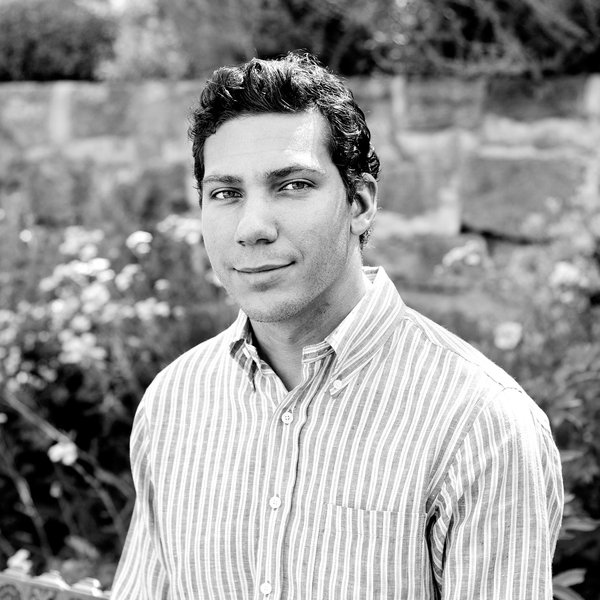
Khalil Anthony Johnson Jr.
2012 Ethel-Jane Westfeldt Bunting Summer Scholar
Red, Black, and Brown: African American Educators in Indian Country
Khalil Johnson will be working on his dissertation, which is unveiling an unintended consequence of the 1954 Brown vs. Board of Education decision: the displacement of African American educators from Southern schools in the wake of desegregation, which sent hundreds of black teachers into Bureau of Indian Affairs schools on reservations across the United States. Excluded from the protections of true citizenship in the South, Black teachers found relative security through this federal employment, only to become functionaries in the government’s efforts to assimilate another internally colonized people. While differing statuses of inequality made African Americans and Native Americans competitors in the struggle for equal rights and self-determination, a shared sense of oppression often fostered affinities and alliances across racial lines. This migration narrative ruptures the partition dividing twentieth-century Black and Indian history and connects the educational history of both groups to shed new light on the long civil rights struggle.
Affiliation at time of award:
PhD Candidate
Departments of American Studies & African American Studies
Yale University
Sponsored by Ethel-Jane Westfeldt Bunting Foundation
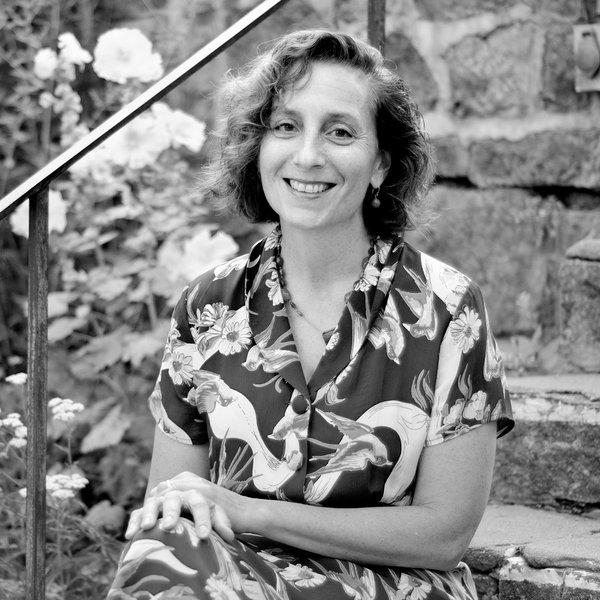
Peggy Levitt
2012 Ethel-Jane Westfeldt Bunting Summer Scholar
The Bog and the Beast: Museums, the Nation, and the Globe
If, in the past, museums helped create national citizens, in today’s global world, do they create global citizens too? Where do they fall in the battle between multilingual globalism and parochial nationalism? Why do particular cities create internationally focused institutions, while others create museums that look barely beyond their doors? In The Bog and the Beast, Dr. Levitt travels around the world to tell the story of how cutting-edge museums are making sense of immigration and globalization. Her account is based on first-hand conversations with museum directors, curators, and policymakers; their descriptions of current and future exhibits; and the inside stories that she has collected about the famous paintings, eccentric benefactors, and iconic objects that define their institutions. Will museums walk the line between the global and the national, and will they ultimately fuel nationalist fires or help create a brave new global world?
Affiliation at time of award:
Professor
Department of Sociology
Wellesley College
Sponsored by Ethel-Jane Westfeldt Bunting Foundation

Nancy Owen Lewis
2012 Ethel-Jane Westfeldt Bunting Summer Scholar
Selling Health in New Mexico: Evidence of Disease in the Land of the Well
Thousands of health seekers flocked to New Mexico from 1880 through 1940, seeking a cure for tuberculosis. Officials promoted New Mexico’s healthful climate, and the legislature provided tax breaks for sanatorium construction. The “lungers,” as they were called, played a critical role in New Mexico’s struggle for statehood and its subsequent development. New Mexico’s emphasis on its healing climate and healthy people, however, may have obscured its real health problems. In addition, it brought numerous indigent consumptives to a territory unable to address the health needs of its own people. Unlike previous studies, which have focused on contributions of the monied health seekers and the sanatorium experience, this project examines the unintended consequences of this movement—the indigent problem and threat of disease among native Hispanos and Indians—as part of a book manuscript titled Chasing the Cure in New Mexico: Tuberculosis and the Quest for Health.
Affiliation at time of award:
Research Associate
School for Advanced Research
Sponsored by Ethel-Jane Westfeldt Bunting Foundation
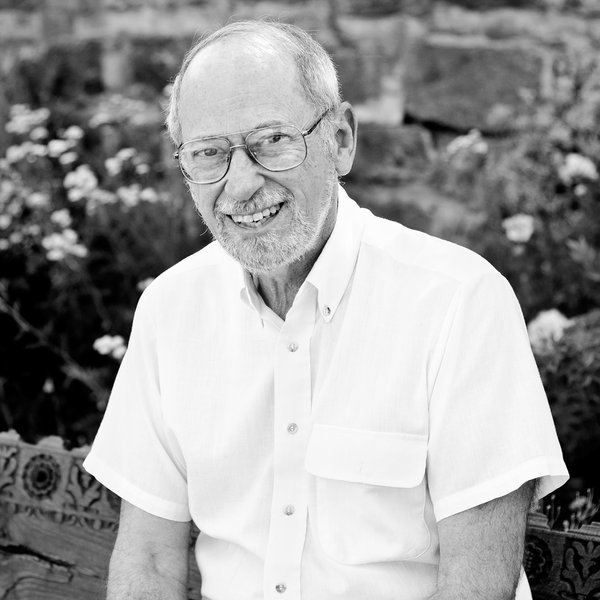
Lawrence Rosen
2012 William Y. and Nettie K. Adams Summer Scholar
Romancing the Tribe: The History of an Anthropological Problem
Anthropologists have long tested their most foundational theories against the exemplary case of tribal structures. Whether it is to measure the scope of kinship as it affects the political, to assess the implications of patterns of marital alliance, or to ascertain the boundaries of group identity through dialect or territory, the tribe has been the archetypal form that could sustain or alter one’s approach to the issue regarded as central to human society. The current book project will trace the history of the anthropological “romance of the tribe” not only for its impact on the discipline itself, but for the practical effects that changing theories have had on legal, political, and military decisions. The goal is to show that as the views of the tribe have changed, so have our views of humankind and the policies applied by Western nations in many parts of the world.
Affiliation at time of award:
Professor
Department of Anthropology
Princeton University
